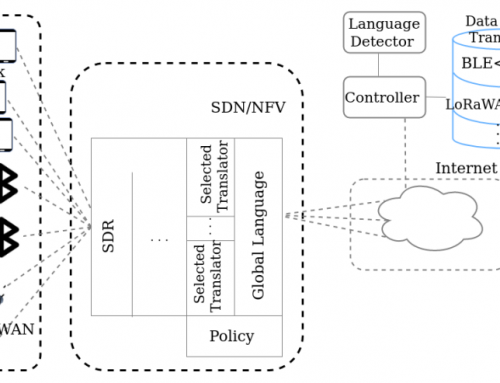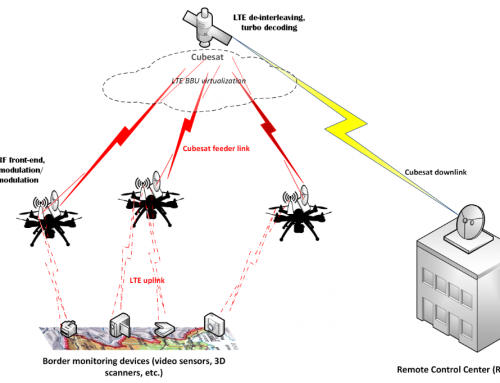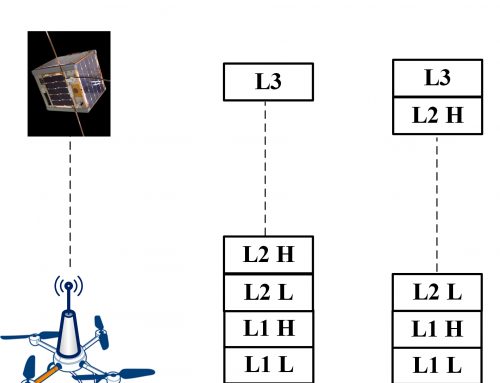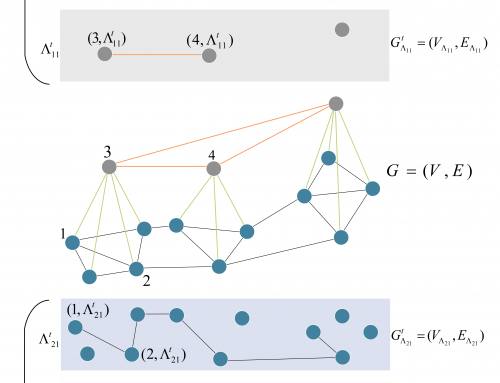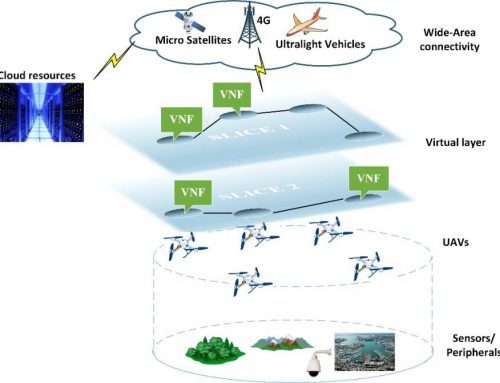Abstract:
Managing and maintaining network connectivity in a mobile ad-hoc network (MANET) is known to consume bandwidth and energy at the mobile nodes. Traditional mechanisms require that stations periodically monitor the wireless channel, in order to determine available paths to route incoming packets. Aiming to alleviate the problem of energy consumption and high control overhead, this paper adopts a new approach to passive neighbourhood detection, based on Network Coding. Specifically, ad-hoc stations examine the coding vectors and subspaces of incoming network-coded packets to extract information about the subspaces spanned by these vectors, enabling them to passively discover new neighbours. The new discovery mechanism is incorporated into the well-known dynamic MANET on-demand (DYMO) ad-hoc routing protocol and the features of the combined scheme are discussed, towards assessing the potential advantages of the proposed approach, particularly with respect to energy efficiency.


